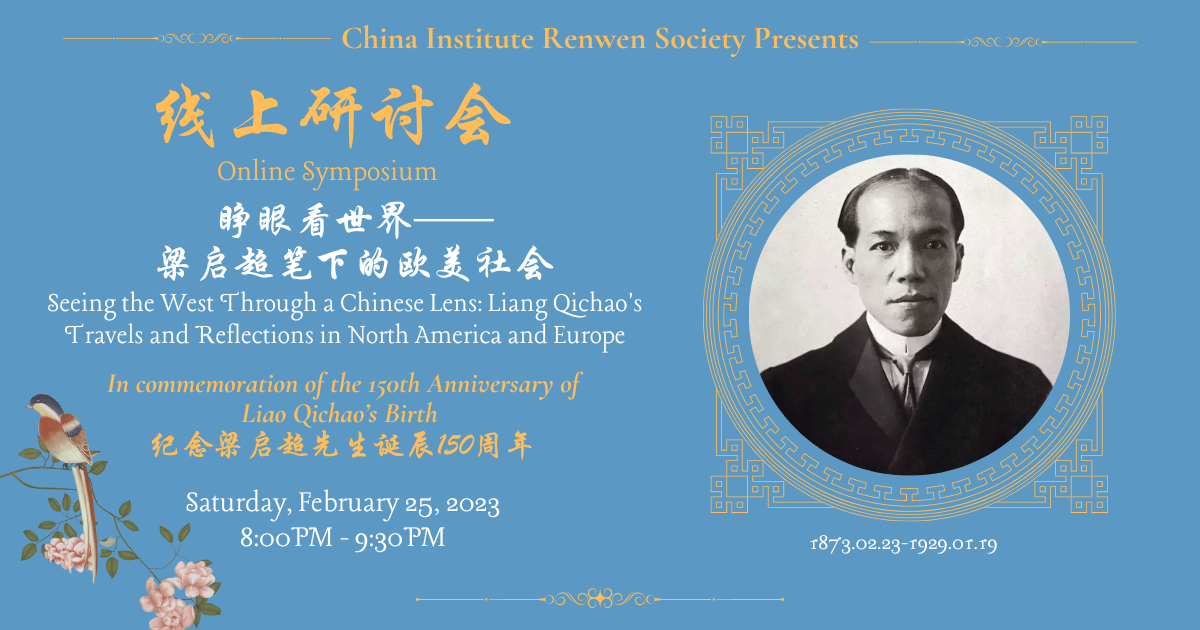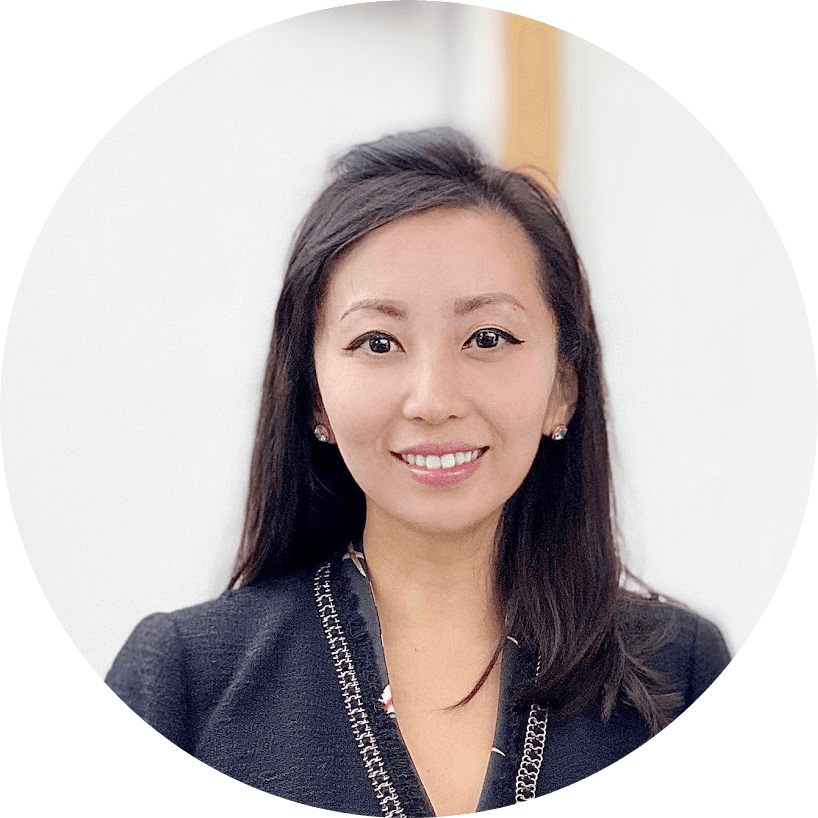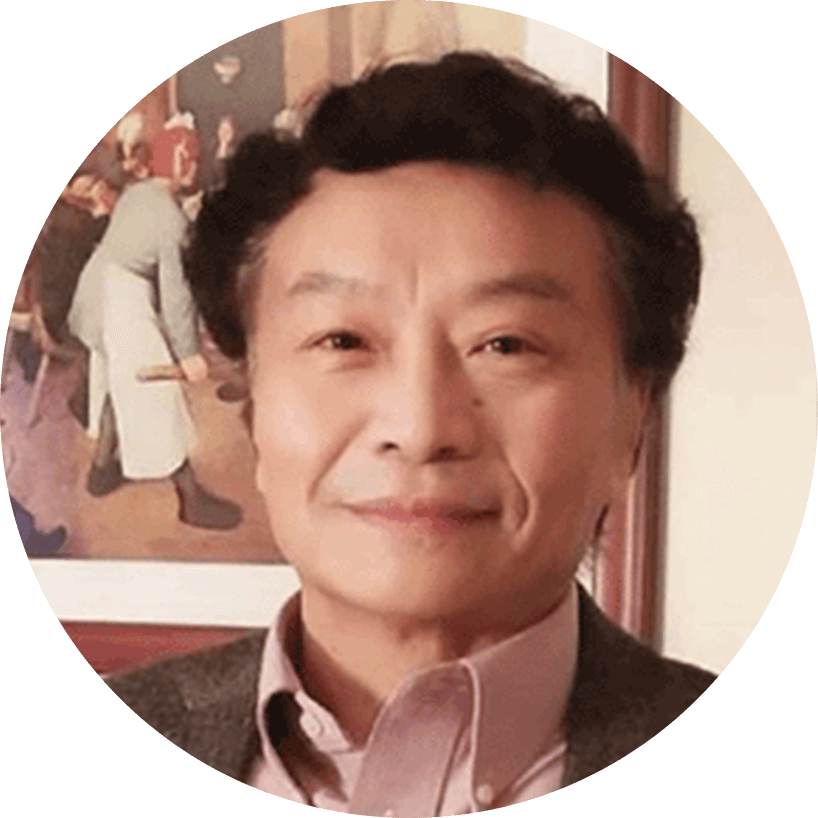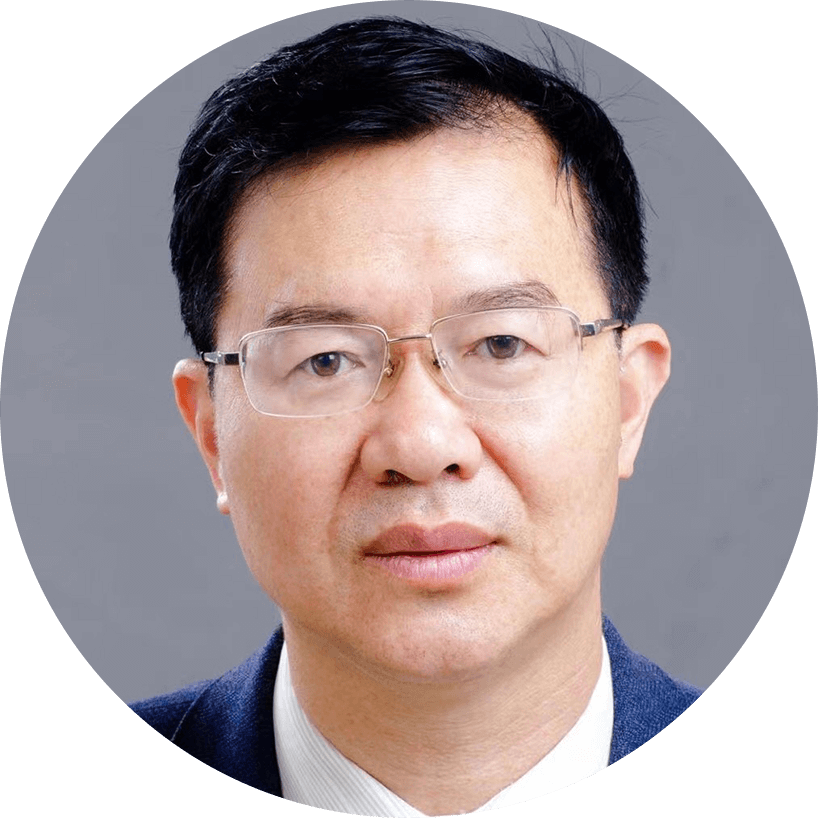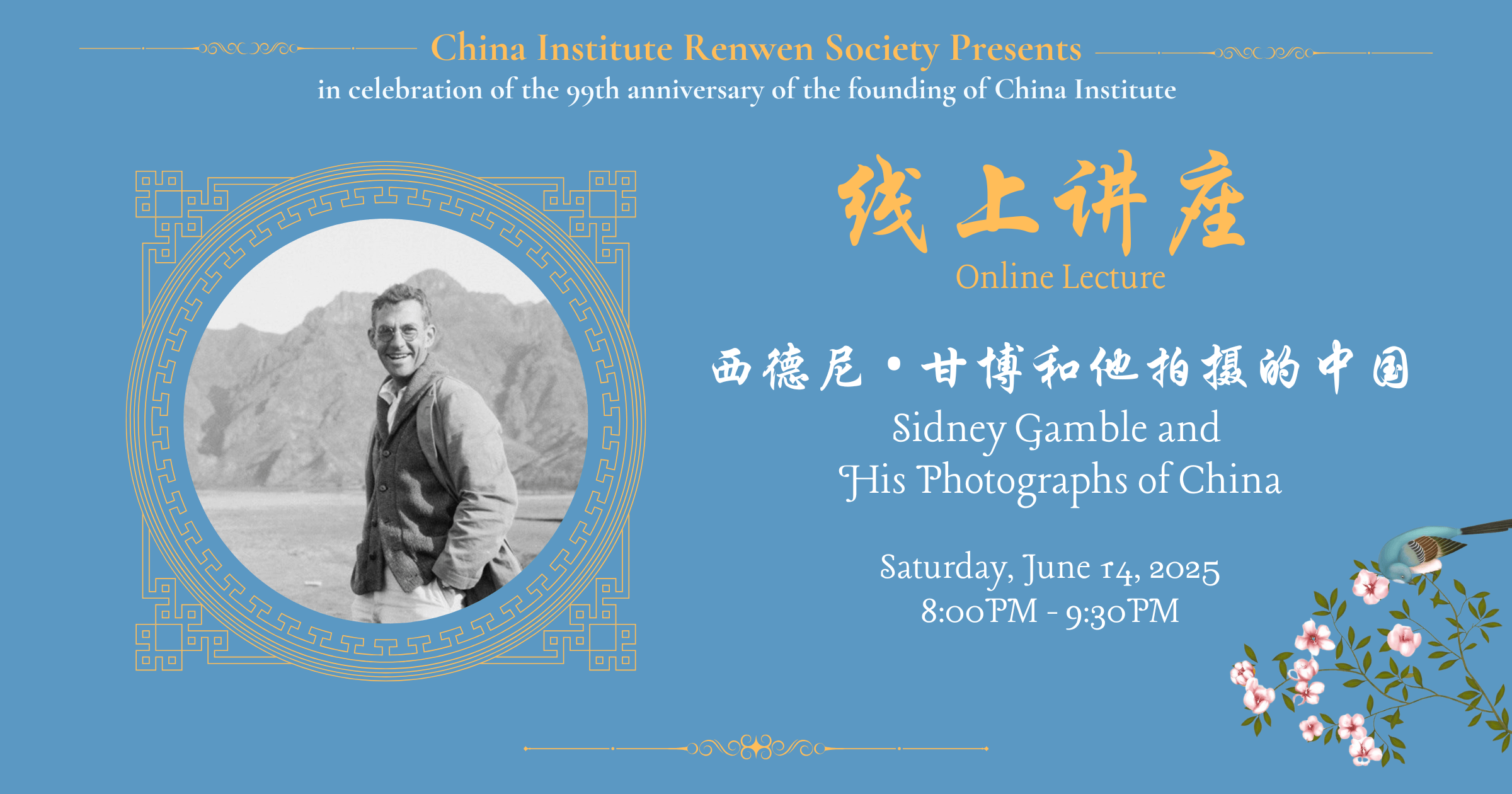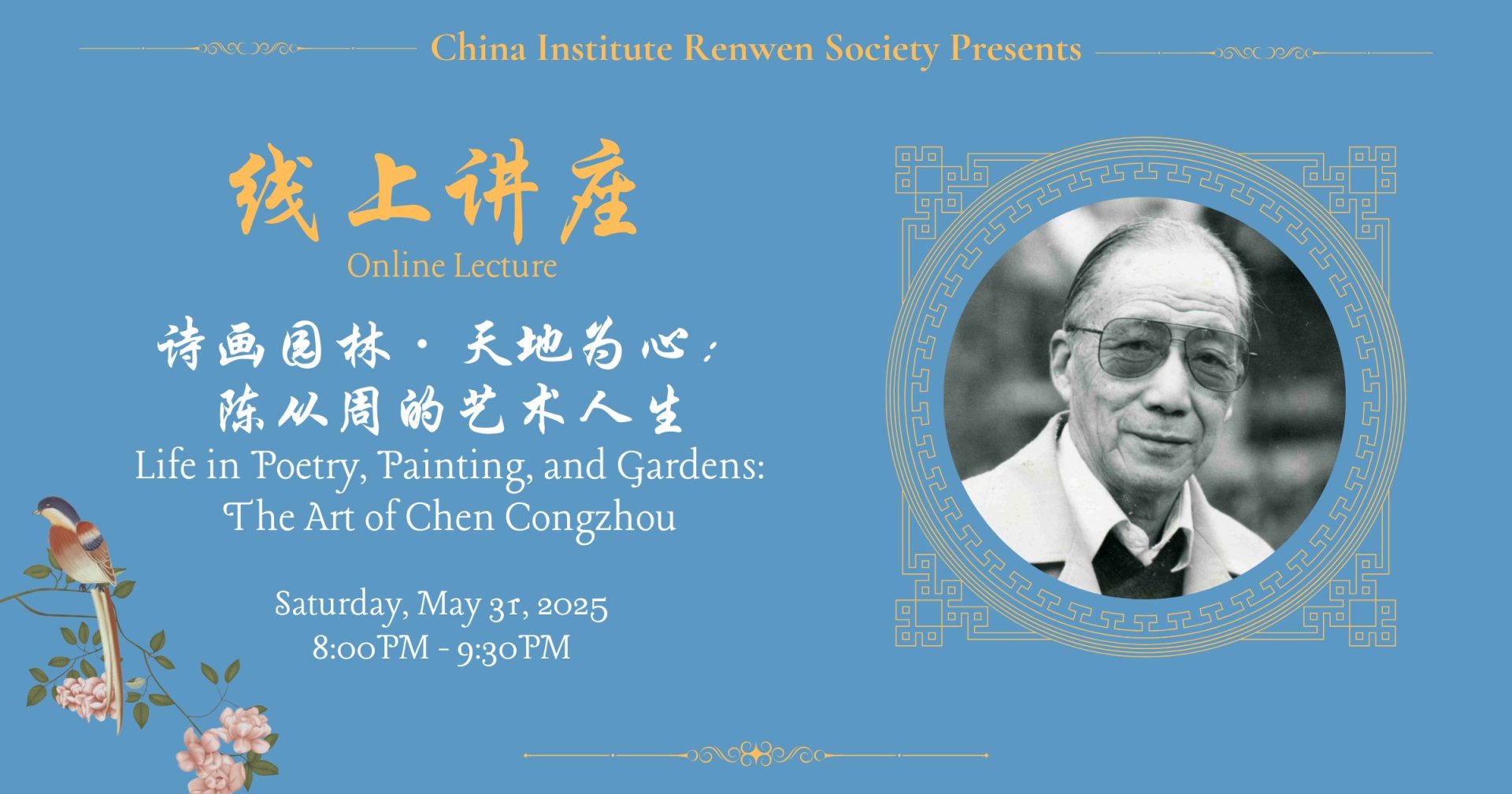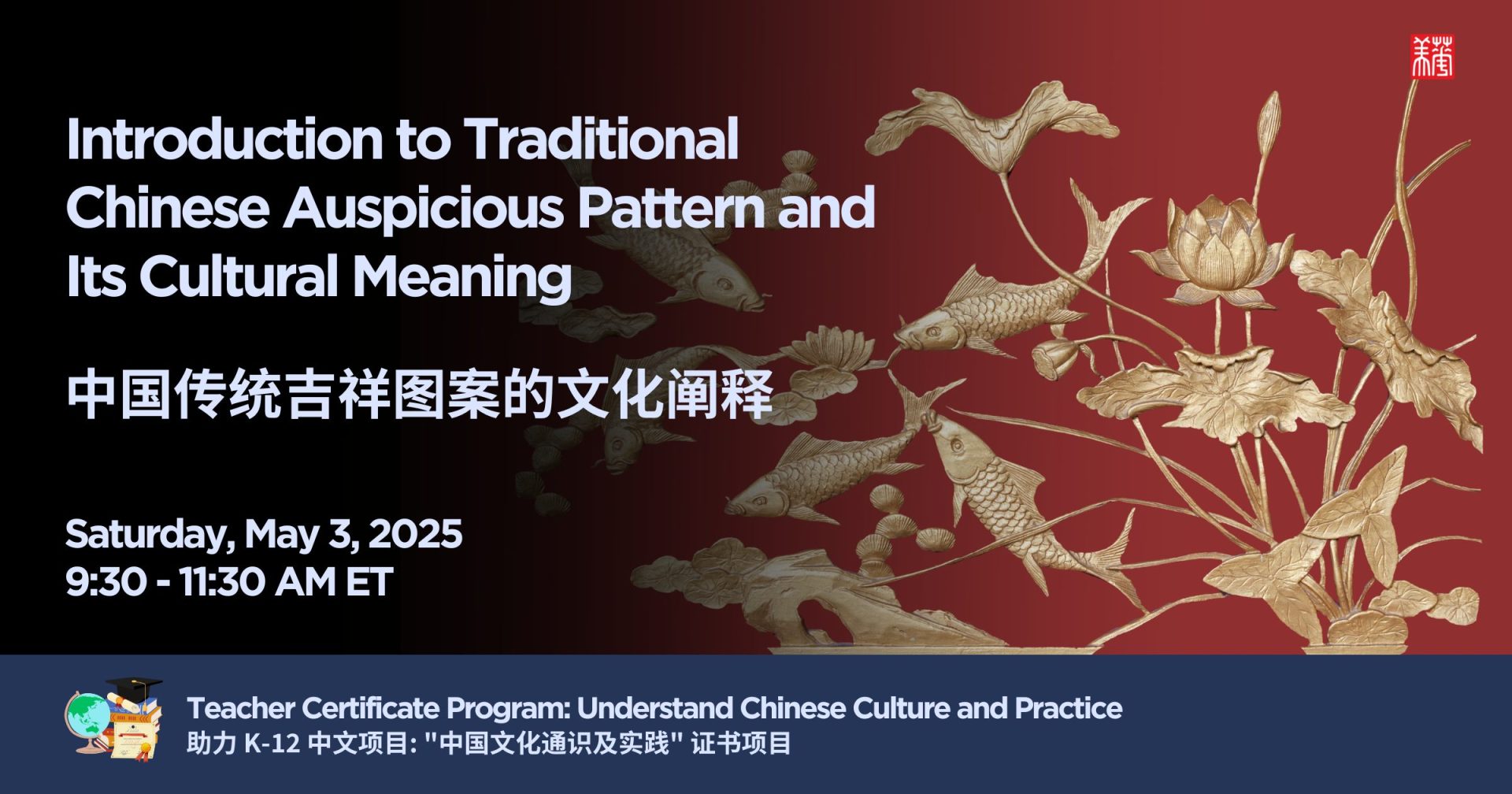Born on February 23, 1873 in Guangdong Province, Liang Qichao was as a prodigy, passing the local examinations at 11 and the provincial examinations at 16, and subsequently emerged as a most brilliant scholar and the foremost intellectual leader of China in the first two decades of the 20th century. His thought had a significant influence on the political and social reforms of modern China. He inspired Chinese scholars and activists with his writings and the reform movements he led. His translations of Western and Japanese books into Chinese further introduced new theories and ideas to a burgeoning China.
Referred to as “China’s First Democrat” by Orville Schell, Liang Qichao joined his teacher Kang Youwei in the reform movement of 1898. When the movement was defeated, he fled to Japan and promoted a constitutional monarchy and organized political opposition to the Qing dynasty. After the revolution of 1911, he returned to China to join the government under various administrations, serving as the chief justice, the first president of the currency system bureau and finance chief among other posts. After 1920 Liang served as professor at Tsinghua (Qinghua) University and later held the position as head of the Beijing Library.
To mark the 150th anniversary of the birth of Liang Qichao, the Renwen Society presents a symposium on February 25, 2023 to commemorate the great statesman and scholar. With the focus on two separate trips taken by Liang Qichao to North America in 1903 and Europe in 1919, the symposium will be led by two distinguished scholars, Prof. Wang Xi and Prof. Ouyang Zhesheng. Prof. Wang will discuss Liang Qichao’s observations and commentaries on U.S. politics and race relations as recorded in his 1903 publication, titled My Travels in North America (新大陆游记), and Prof. Ouyang Zhesheng will discuss Liao Qichao’s observations and reflections on his travels in Europe in 1919 as recorded in his 1920 publication, entitled Reflections on My Travels in Europe (欧游心影录).
Annie Liang-Zhou, great-great-granddaughter of Liang Qichao, will present on the life of her illustrious great-great-grandfather.
中国近代史上著名的政治家、启蒙思想家、教育家、史学家和文学家梁启超先生出生于1873年2月23日,他自幼聪颖好学,才思敏捷,四岁便在开始学习中国古代典籍,有“神童”之称,十二岁考中秀才,十七岁考中举人,1890年师从康有为,求学于万木草堂,接受维新变法思想。先后倡导、发动公车上书,通过强学会、《时务报》等积极宣传维新变法理论,参与和领导了“戊戌变法”运动,成为维新派的杰出代表。戊戌政变后,梁启超东渡日本,并创办《清议报》《新民丛报》,广泛宣传了西方政治思想和社会学说,影响和启迪了整整一代人。
辛亥革命后,梁启超回国,先后入阁任司法总长、币制局总裁和财政总长,其间组织策划了反对袁世凯称帝的“护国战争”,在此努力中发挥了“一支笔强于十万雄兵”的巨大作用。 1918年,梁启超感愤于军阀的统治,离开政界,转而专注于学术和教育事业,组织共学社、讲学社,不遗余力地从事讲学和著述,研究重点为先秦诸子、清代学术、史学和佛学。1922年起在清华学校兼课,1925年受聘主持清华国学研究院,与王国维、赵元任、陈寅恪等合称为清华四导师。梁启超一生著述宏富,达一千四百万字,结集为《饮冰室合集》。其于学术研究,涉猎广泛,学贯中西,囊括古今,在哲学、文学、史学、经学、法学、伦理学、宗教学等领域,均有卓越建树。
为纪念梁启超先生诞辰150周年,华美人文学会于2023年美东时间2月25日晚8时至9时半(北京时间2月26日上午9点至10点半)举办在线研讨会,由美国宾州印第安纳大学历史系王希教授和北京大学历史学系欧阳哲生教授主讲。1903年梁启超应美洲维新会之邀到加拿大和美国游历9个月,1919年梁启超以巴黎和会中国代表团会外顾问及记者的身份赴欧洲数月。这两次旅行给梁启超提供了观察和了解欧美政治和社会的机会,同时也促使他反思并为中国近代化进程起到启示作用。此次研讨会将聚焦梁启超的这两次游历,王希教授将讨论梁启超的《新大陆游记》(1903年)以及其对美国政治和种族关系的观察与评论,欧阳哲生教授将以梁启超的《欧游心影录》为文本,讨论梁启超对欧战的观察与思想转向。
梁启超先生的玄孙女梁周洋女士将在研讨会上介绍她高祖的生平。
